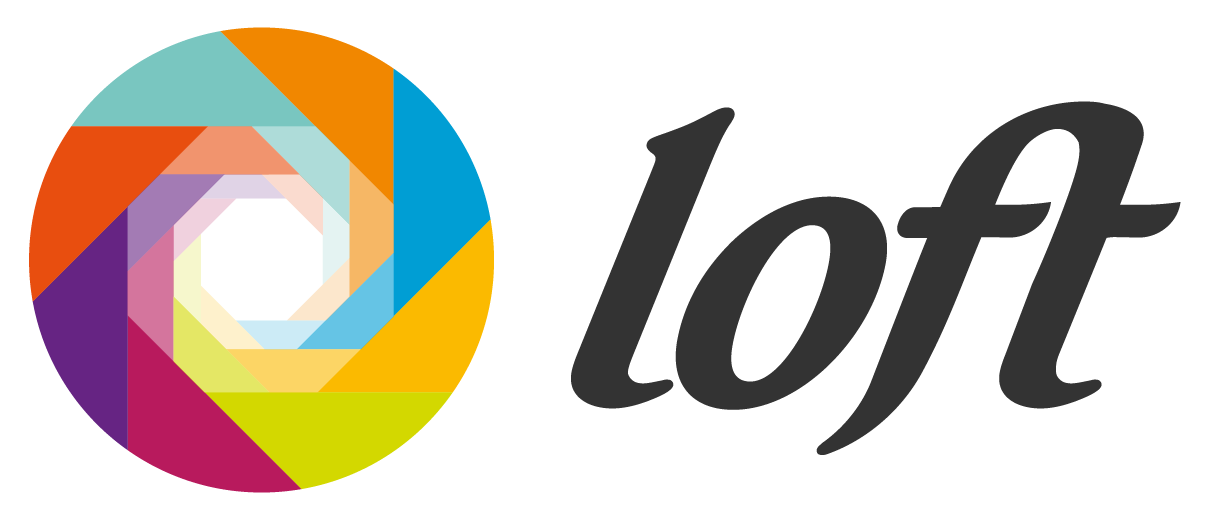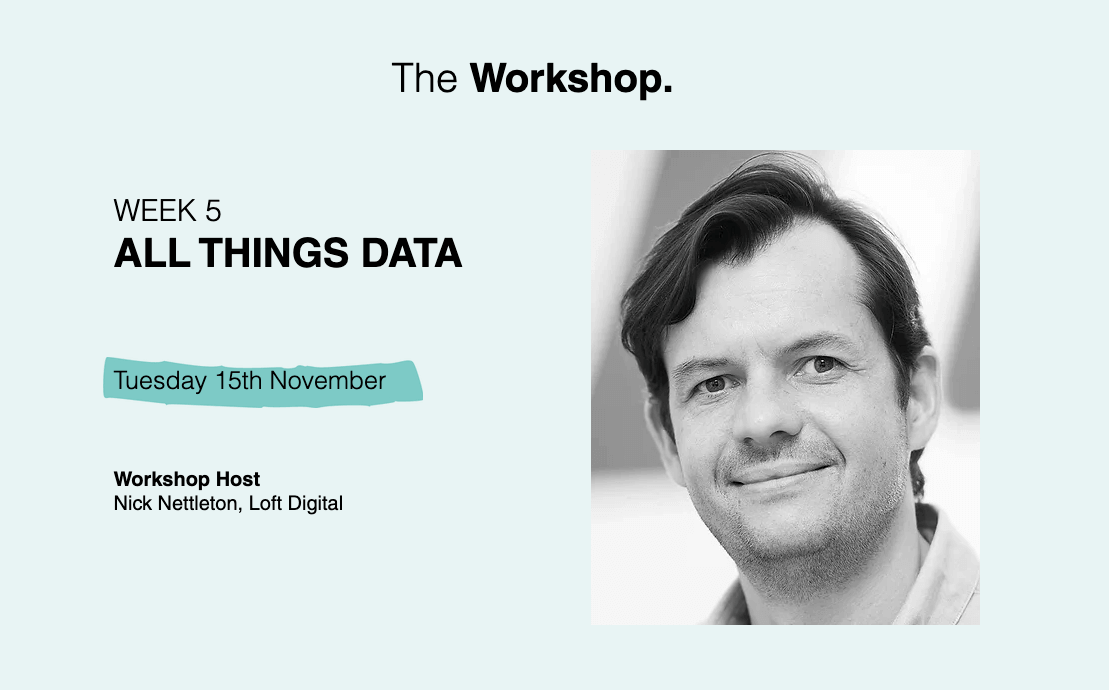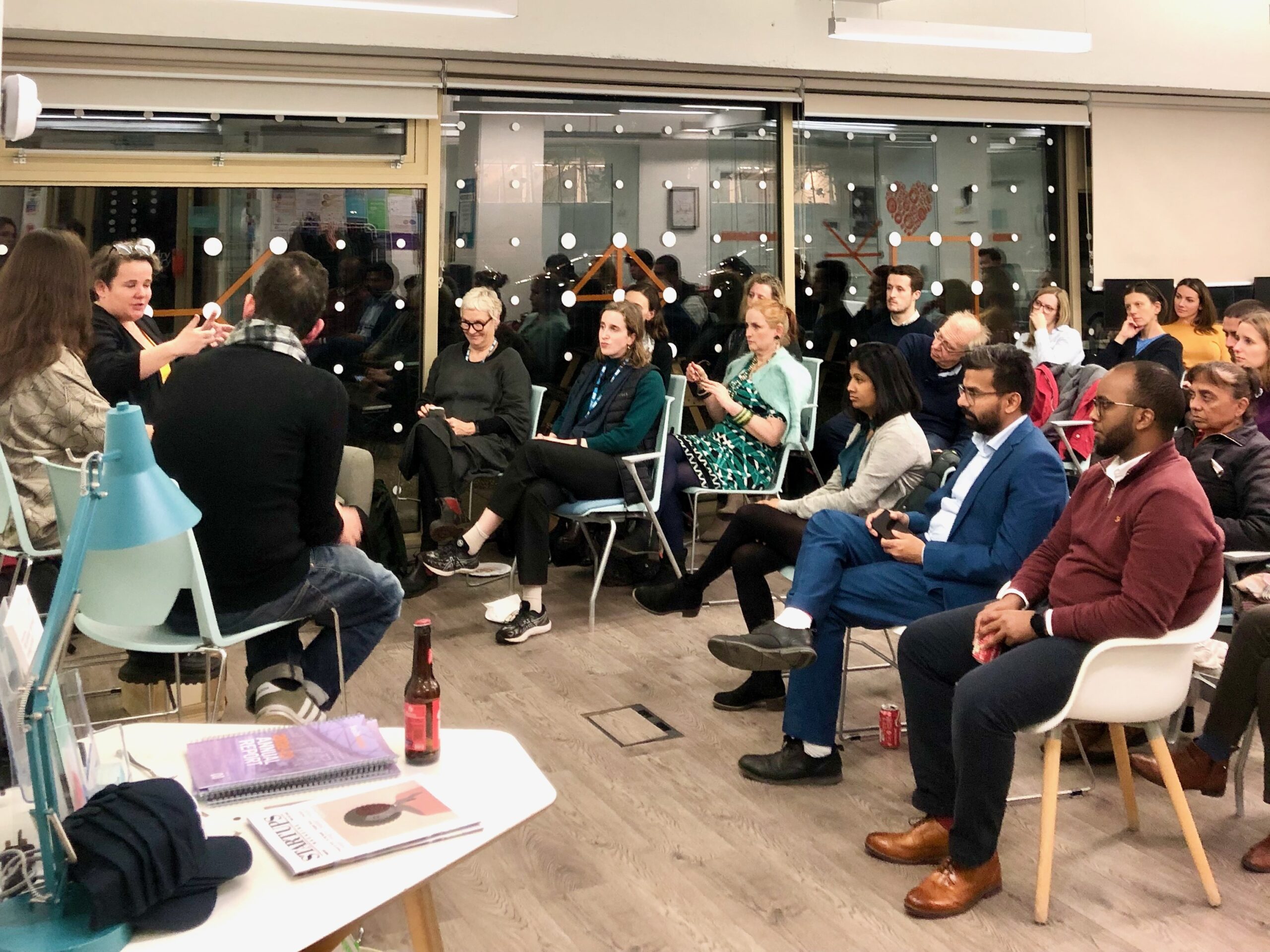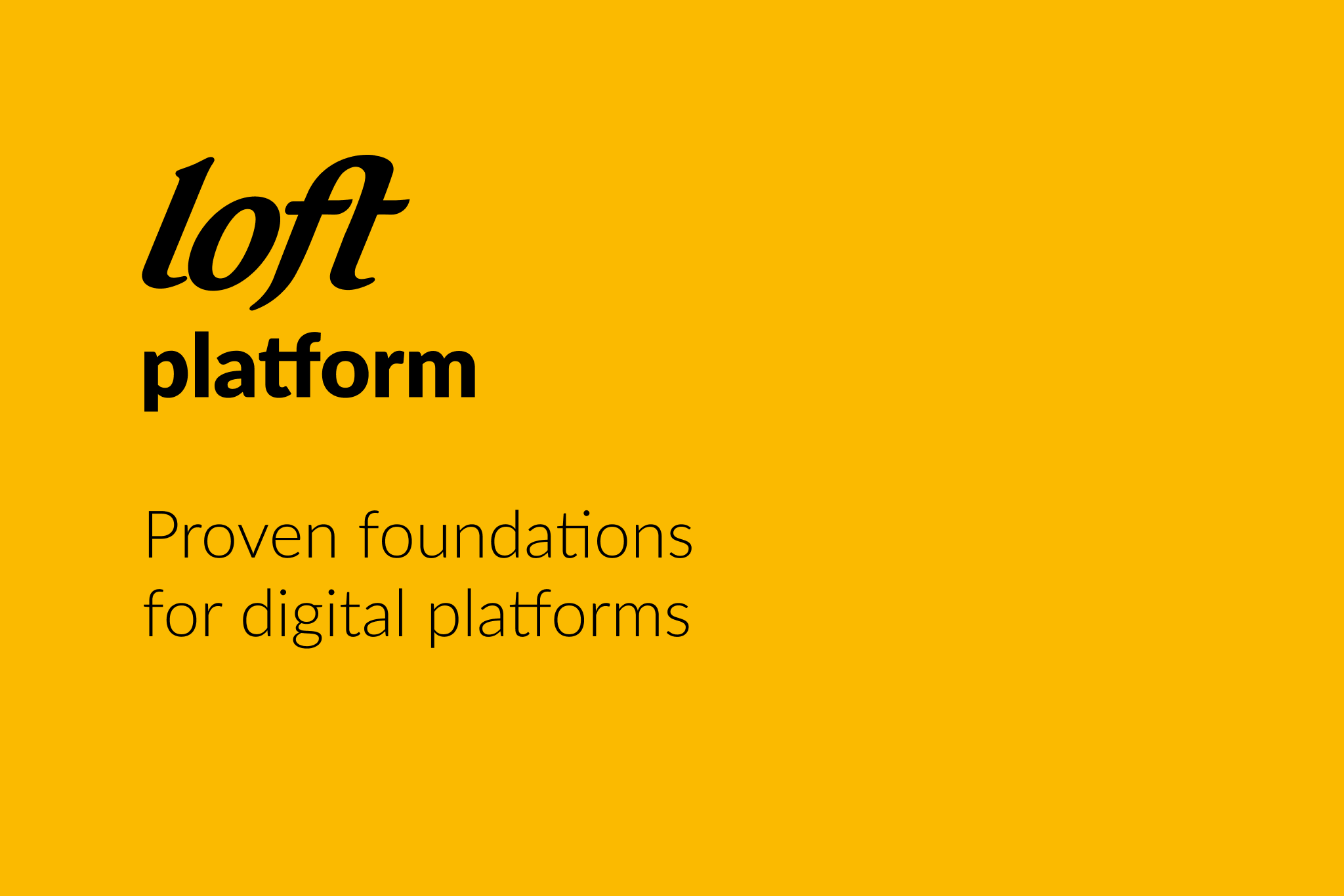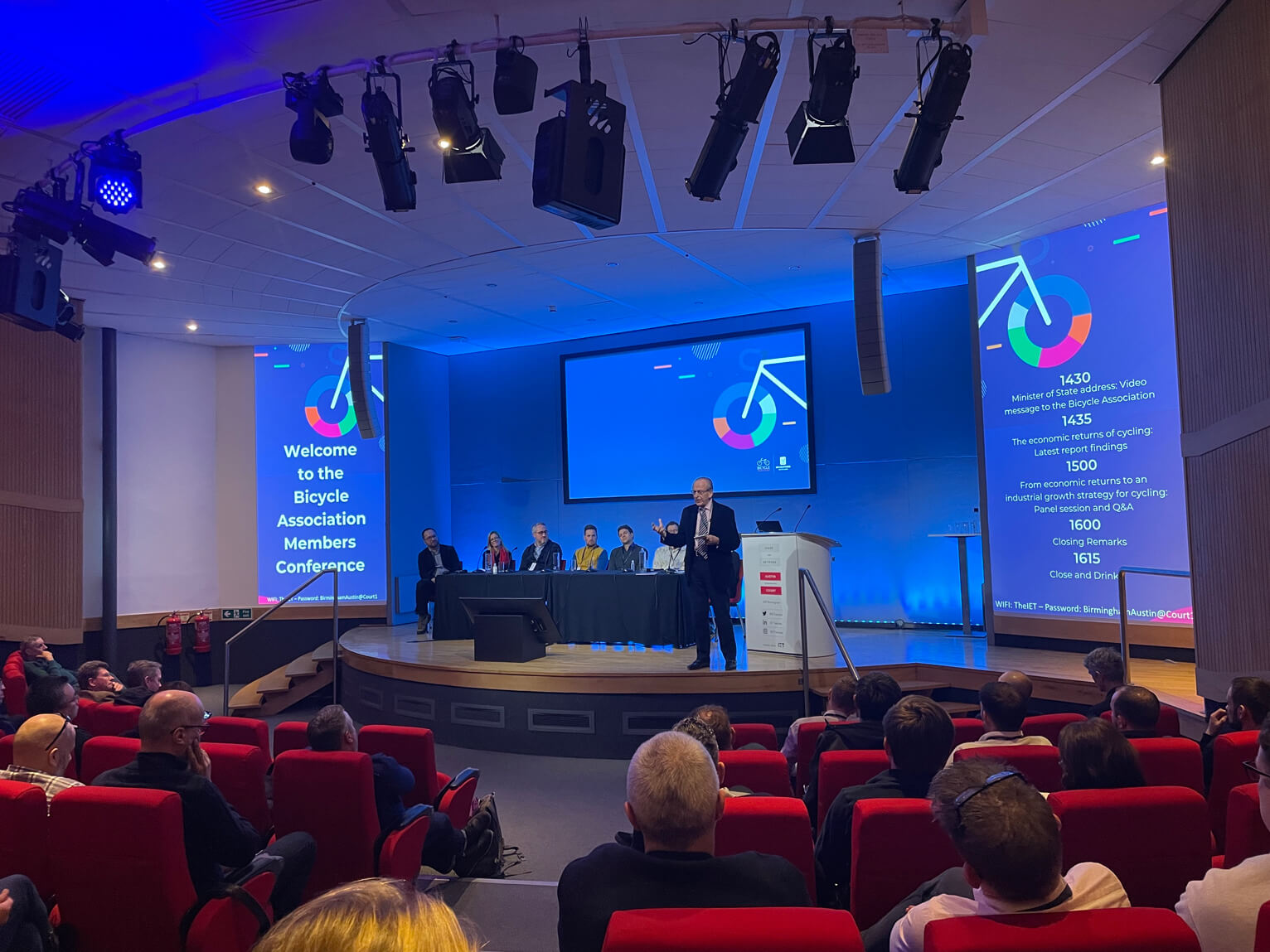Helping startups brainstorm a purposeful data strategy they can start working with right away.
In November 2022, I helped digital health accelerator Vantage launch its inaugural MedTech Growth Series of workshops by presenting a session on All Things Data.
A robust data strategy is something many firms – both startups and established corporations – often fail to consider. However, it’s something that can bring real value to a business. This is particularly true in digital health, where good data can become one of the most valuable assets a business has – for example, for clinical use, pharma, academic research, AI, policy making, patient education, collaboration, operational efficiency and many other applications.
To help our clients identify their data opportunities and build a roadmap, we have developed the Loft Data Canvas. Inspired by Steve Blank’s famous Lean Startup Canvas, this provides a structure and process for leadership teams to brainstorm and map out their data strategy.
Each section looks a key pillar of your data process, working backwards from the potential revenue sources and business model:
Outputs
What data is your business able to create/output that is of value – to customers, partners, investors, internal stakeholders, policy makers and other groups? How can it be delivered? For example, through dashboards and other user interfaces and experiences, APIs and other integrations, as well as reports. What is the most valuable data that you can build? What standards can you apply to it to maximise its value?
Inputs
What are the sources of data your business can use and where does it come from? Customers, partners, public data sets, integrations with other tools and systems, operational data, analytics… the list can be as long as you need. The more you brainstorm, the more ideas you will come up with.
And then building the processes for your business between these:
Collecting
How and where will you get the data from your inputs? For example, user data might come through web and mobile apps, surveys and other forms; operational data from internal systems; while other data may come through APIs and public sources. Extract, Transform and Load is the data science term (or, in cloud systems increasingly Extract, Load, Transform) for getting large amounts of data from one system, preparing it then loading it into storage. What connections and transformations do you need to apply to your data at this point to make it more useful? From this you can start to work out what tools and systems will be needed.
Storage
Where is your data kept and in what formats? You may have one or two main databases or data warehouses, but there are probably many other locations your business keeps data – from MS365 or Google Workspace to various CRM and other systems. It’s really helpful to brainstorm all of these here so you can see the whole picture.
Analysis
What analysis will you need to do on your data to create the valuable outputs and insights that your customers and other data users want? What technology and tooling do you need? What new innovations will be required?
Across the whole pipeline, you also need to think about performance, governance, security, legal consent and compliance, data protection law, as well as your KPIs. What are you aiming to achieve and how well are you moving towards this?
During the All Things Data Session, we worked through the Loft Data Canvas with the leadership teams on the accelerator programme, helping them to map out the business data vision and main areas of uncertainty in the present. Then we looked three years into the future. Each leadership team presented and discussed their findings with the other groups and we talked about the areas of uncertainty and how these might be resolved.
This provided the teams with a list of actions they could take away to make immediate progress in their business vision.
At the end of the session it was exciting to hear that the attendees had really enjoyed it. Data can often seem dry but when approached in the right way, it can be quite fun. Several attendees said that their investors saw data as one of the most valuable potential assets in their businesses, and it was helpful to put some structure around this. At the end-of-programme party the next week we learned that some attendees had organised tasks for their teams immediately afterwards – evidence that the workshop quickly translated into practical actions.
If you want to start doing more with data in your organisation, please do reach out to discuss your needs. We can customise our programme to fit.
